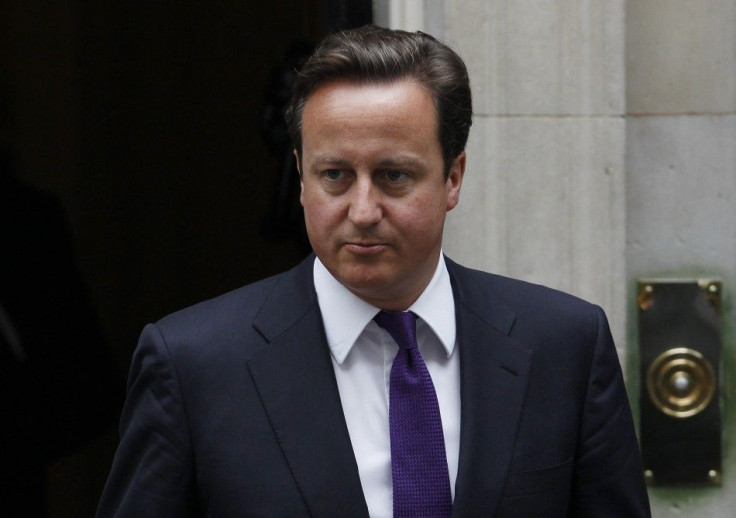UK Government Opposes EU Financial Tax

British banking and government officials said they are opposed to the imposition of a financial transaction tax upon members of the European Union (EU) proposed by the European Commission (EC).
Under terms of the proposed tax, a rate of 0.1 percent would be levied on all financial transactions involving at least one party that is based in the EU. Derivative contracts would be taxed at a rate of 0.01 percent.
If implemented, the tax would come into effect in 2014 and is expected to generate about $78 billion annually, according to the EC.
Jose Manuel Barroso, the president of the EC, said that banks are largely responsible for the global financial crisis and they must make a contribution as Europe faces its greatest challenge.
EC officials explained that such a tax was necessary in order to ensure that the financial sector makes a fair contribution at a time of fiscal consolidation in the member states,” adding that financial companies were under-taxed relative to other sectors.
Such a tax would need Britain’s approval to be introduced across the EU. The EC countered that if the UK rejected the tax, it would seek to impose it across the Eurozone.
Meanwhile, a spokesman for the British Treasury told the BBC it will absolutely resist any tax, unless it is introduced globally.
We would not do anything that is not in the UK's interests, he said.
According to BBC, City of London officials claim that the bulk of the burden from such a tax would fall on London – estimating that about 80 percent of the revenues from any Euro-wide financial tax would come from the City.
However, the tax may have the support of at least one UK lawmaker.
A senior Member of European Parliament, Britain’s Arlene McCarthy described the EC’s proposal as a Robin Hood tax and said the UK government must consider it.
According to TheParliament.com, McCarthy stated: The British government should give these proposals proper consideration and not dismiss them out of hand just to please City suits. We need to look at the detail and ensure that any proposals represent a good deal for Britain, given its dominance in financial services. But I welcome the commission's proposal as a starting point in the debate.”
She added: The proposals can't be pushed through without British agreement, so let's engage in the process and try to find a way in which the financial sector can pay its fair share towards the cost of the economic crisis. Millions of people have made it clear that they would like to see a Robin Hood tax that uses a very small levy on financial markets to support good causes both at home and abroad. Of course the banks and hedge funds will cry foul, but we need politicians who are willing to stand up for the public interest not vested interests. A well implemented financial transaction tax could be a way of making our tax system fairer, helping lift the burden from the hard-working majority and bringing greater stability to financial markets.”
Finally, she declared: As families up and down the country feel the pinch, there is a danger that [Prime Minister David] Cameron will try to hide behind 'EU tax' rhetoric to avoid a public debate about whether the financial sector pays its fair share in these difficult times.
© Copyright IBTimes 2024. All rights reserved.





















